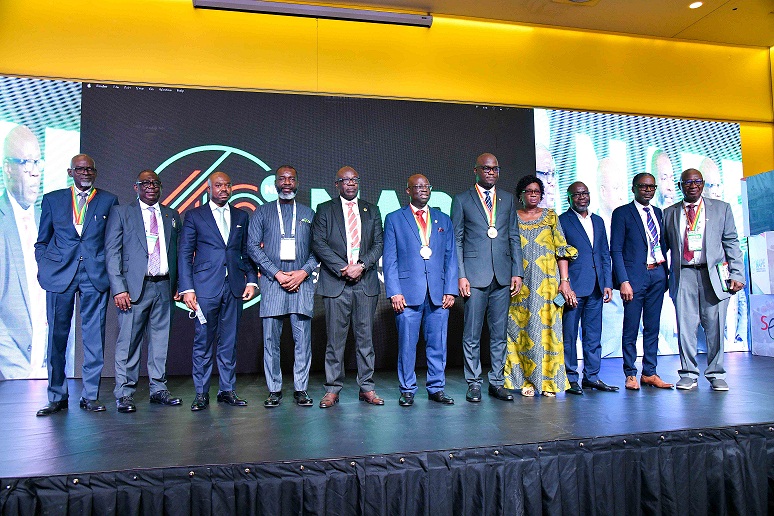Seplat Energy Plc, one of the leading Nigeria’s indigenous energy companies, has said that Nigeria’s development will require significant improvements in access to energy, particularly of lower-cost and stable supply, to enhance job creation, prosperity and social development and achievement of the United Nations’ Sustainable Development Goals (SDGs) in the country.
The company’s Chief Executive Officer, Mr. Roger Brown, made this remark in his Keynote Address at the ongoing 42nd Nigerian Association of Petroleum Explorationists’ (NAPE’s) Annual Conference and Exhibition in Lagos.
The industry expert, who was represented by the company’s Director, New Energy, Mr. Okey Mba, spoke on the Conference theme ‘Resolving the Nigerian Energy Trilemma: Energy Security, Sustainable Growth and Affordability.’
According to him, Nigeria must improve energy access and achieve a balance between equity, security and sustainability; as the country faces the challenges of population growth and lack of economic and social development because of poor energy access.
He said: “Nigeria’s development will require significant improvements in access to energy. With gas, significant development gains can be achieved with minimal impact on emissions. The country must transition away from reliance on biomass and oil as its primary sources of energy.”
Brown strongly advocated gas as Nigeria’s transition fuel; saying it is proven and accepted as transition fuel in developed North with large local resources in Africa (Nigeria having the largest) and multiple essential uses beyond power.
Also, he explained that Nigeria’s abundant gas reserves, estimated at 209 Tcf , offered a local solution to resolving the country’s energy trilemma; given that as gas is developed it is likely the reserves will grow materially.
Brown further clarified: “Nigeria’s estimated 40GW (plus) power generation sets (gensets) could be displaced by cleaner, cheaper utility-scale gas and renewables. Every gigawatt (GW) of generator power displaced by cleaner utility-scale gas will decarbonise Nigeria’s energy system and reduce the cost of energy. Our industry must focus on end-to-end solutions to unlock the full value of Nigeria’s gas so we can resolve the energy trilemma.”






